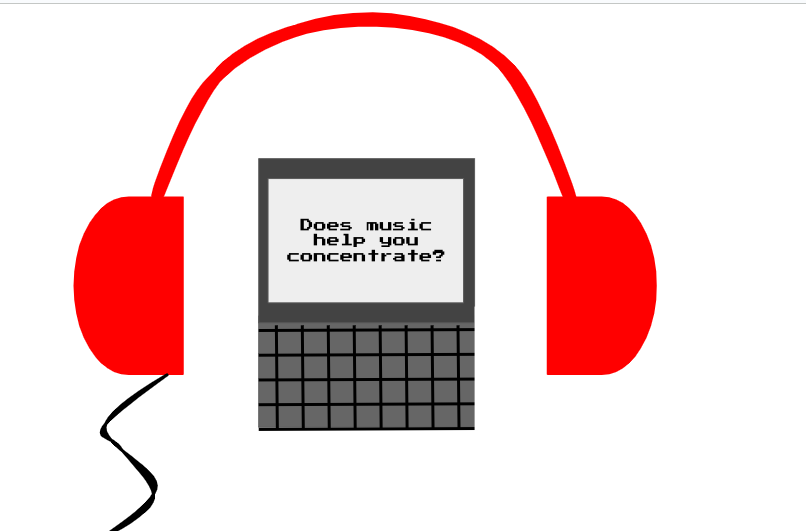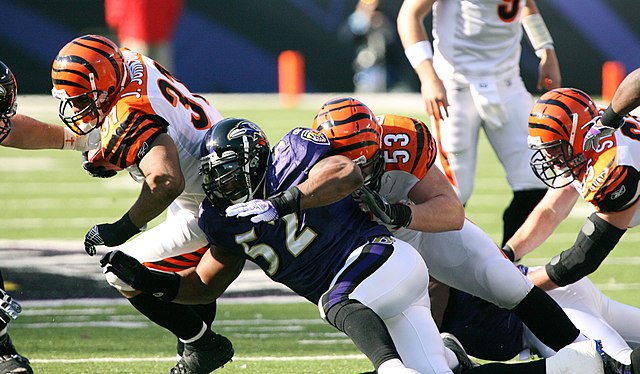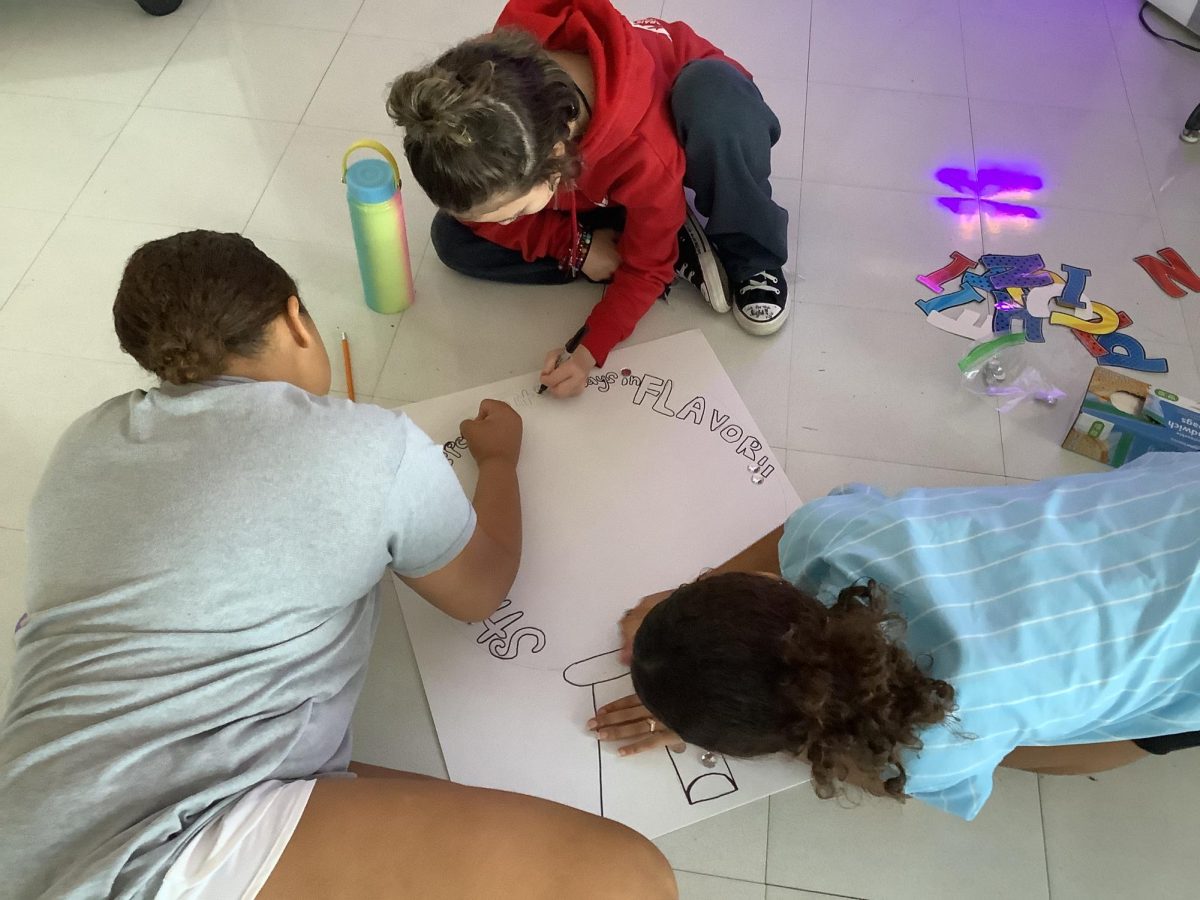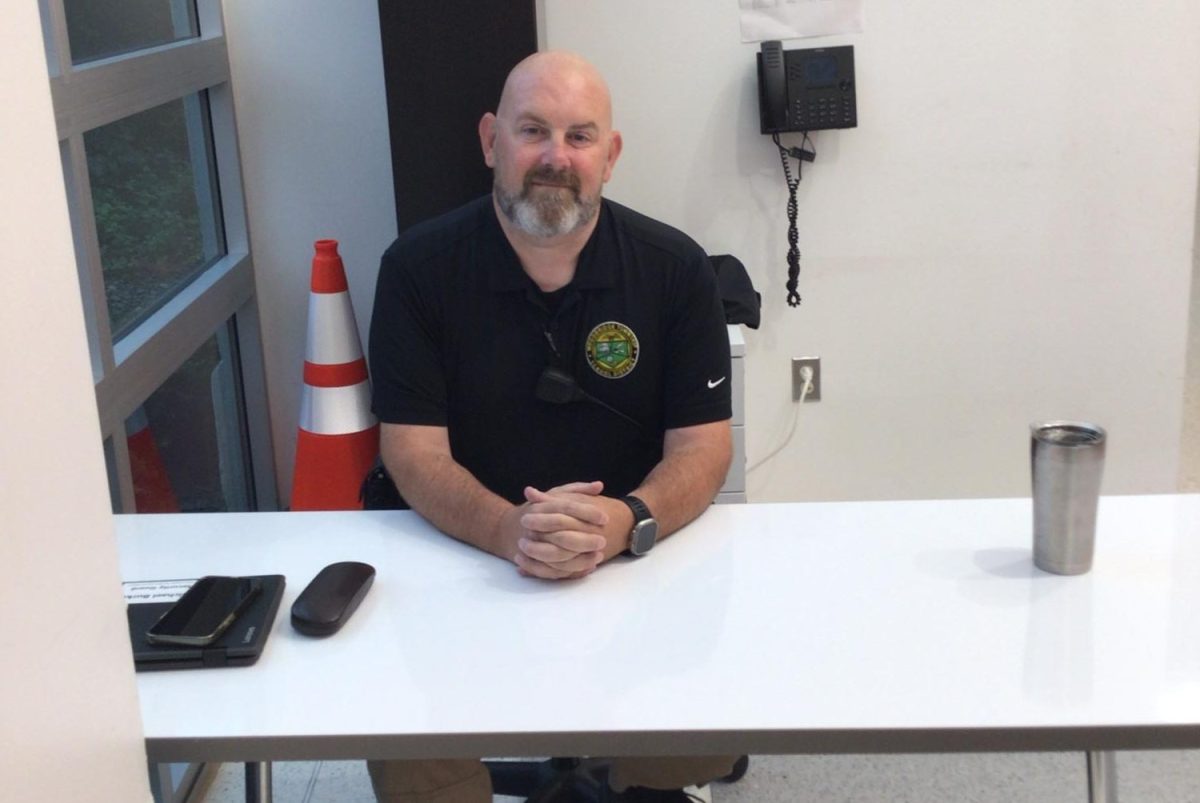Everyone has listened to music at some point. Most people do this to help them concentrate. But is it a real help or a distraction? According to Sennheiser the first music was discovered 35,000 years ago, what makes it so good to still be around today?
There isn’t really a straightforward answer to the question, and there is not a real yes or no.
Over the years, music has been scientifically tested lots of time, and most coming to the conclusion that music does help. In 2013, an experiment was conducted with 60 people. One day, they were listening to calming music, another day with rippling water, and the last day with none.
The stress levels and hormone levels indicated that the day with calm music had the best results, with the lowest stress levels over the three days.
7th grader Guiliana Zsamba said that music “helps get [her] brain relaxed and focused” during class.
Even though you listen to music, you won’t be able to come up with answers to problems out of nowhere, but if you study the information while listening, the information stays in your brain easier than if you listened to nothing or fast pasted music.
Even though most musical experiments say that it helps, some music affects things, not improving them, such as stopping you from reading quickly or not letting you remember things, because you only remember the song lyrics, but this only occurs in certain types of music.
The biggest recommendation is listening to music that has no lyrics and slower music style, like classical music with violins, piano, or cello to help you concentrate.
Sometimes classical music isn’t doing it for you because you are just bored of it. There are so many types that do the same as classical music, like jazz, lofi, ambiance, and even soundtracks from video games you like.
Some study music:


















